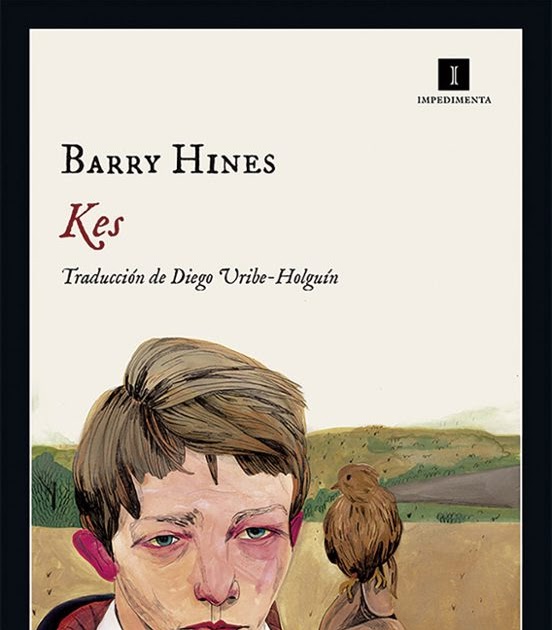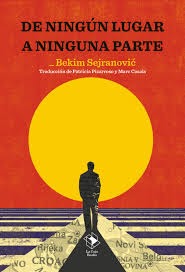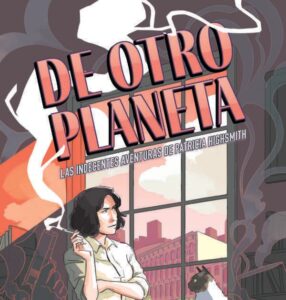
Original language: English
Original title: A Kestrel for a Knave
Translation: Diego Uribe-Holguín
Year of publication: 1968
Valuation: recommendable
Although I declare myself incapable of making an objective reading of British society (I am torn between a certain surrender to its artistic effervescence and a frank repugnance towards its eternal classism and its shameless surrender to the most stuffy institutions), there are facts in recent history that spark my interest. From the Brexit, which at times I understand and at times I don’t, until that self-absorption that may be its cause or its consequence, although I declare myself a follower of Owen Jones and I share his analyzes full of skepticism. Precisely because I remember some mention in his books of some politician (David Cameron, perhaps) who stood before his electorate to proclaim that the entire British society was middle class. There it is, tens of millions of inhabitants without a lower class. Anyway.
Surely in the sixties there would have been no politician with such rennet. Who It is an emblematic novel of the time, and nothing could be further from the glamor of the City than the adventures of Billy Casper, whose existence moves between the precariousness of a bedroom shared with a stepbrother, his mother’s disinterest in his life, the evocation of the figure of the absent father, his poor social ability in those times when concepts like he bullying They could be seen, almost, as innocuous setbacks in the need for adaptation of any creature – ergo, abusive partners are at most perpetrators of childish things – and other setbacks, with material scarcity as a constant background tapestry. Billy finds refuge by caring for a kestrel in a shed. On that animal he focuses all his activity outside of school. It is done with falconry treatises, one learns about the subject, one learns with enjoyment while in real life things continue their dull and sordid course and one understands the image of the child absolutely sheltered in the training and care of the bird as opposition to an outside world. , a reality that he neither understands nor questions.
A sample of social, realistic and dark literature like the films of Ken Loach, not exactly the book that one would choose to take a luminous and optimistic vision of human existence, rather, let’s ignore the outcome, to understand the suffocating nature of certain environments and certain situations in the field of childhood. I appreciate that Hines skipped the moral message and let the reader draw their conclusions from it. Too many books these days take the liberty of pushing you towards them.
Source: https://unlibroaldia.blogspot.com/2024/02/barry-hines-kes.html


